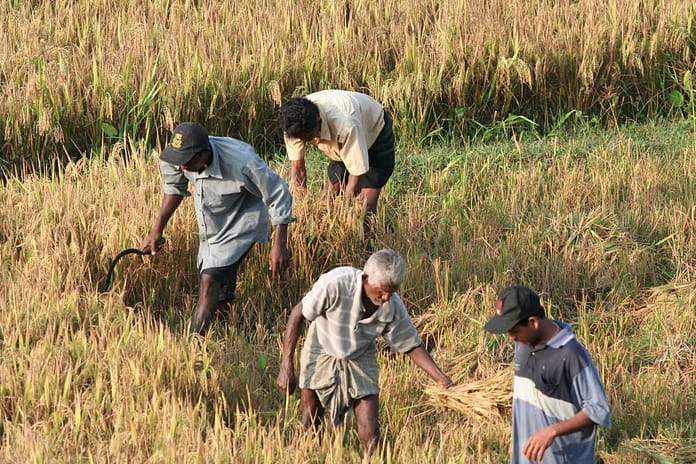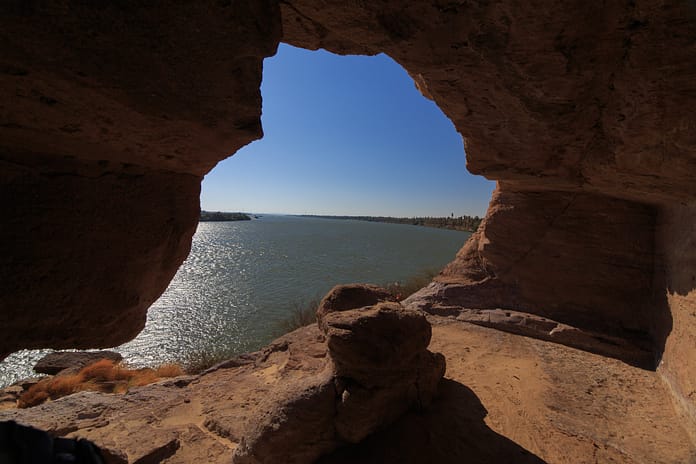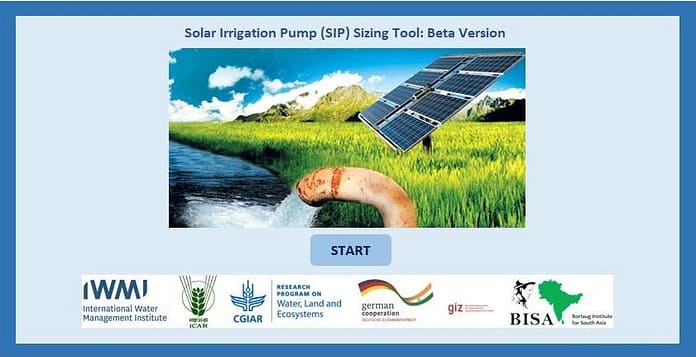By Wongel Tamene

Water security remains a pressing challenge in Africa. Across the continent, declining water data availability, unpredictable weather patterns, population growth and outdated infrastructure make it increasingly difficult to manage this vital resource. The Digital Innovations for Water Secure Africa (DIWASA) project, launched by the International Water Management Institute (IWMI) with funding from The Helmsley Charitable Trust, is at the forefront of addressing these challenges. Through cutting-edge digital tools and Earth Observation data, IWMI aims to fill critical water data gaps and improve water management practices across the continent. A key aspect of IWMI’s approach involves engaging stakeholders through consultation and training workshops to build consensus, enhance capacity and tailor solutions to local needs. This article highlights these efforts, focusing particularly on workshops held in Ethiopia, Ghana and Zambia.
Building consensus and creating awareness
A three-day consultation workshop in April 2024 in Hawassa, Ethiopia, raised awareness about DIWASA’s tools, fostering consensus among stakeholders and identifying specific use cases tailored to Ethiopia’s needs. There were over 60 participants from sectors such as water, agriculture, irrigation and disaster risk management.
Building on this engagement, a second consultation workshop took place in May 2024 in Accra, Ghana for 39 participants from West African countries, including Ghana, Burkina Faso, Benin, Mali, Togo, Côte d’Ivoire and the Volta Basin Authority. Participants discussed the state of water data in the region, sharing insights into their unique challenges and helping to align DIWASA’s tools with their practical needs. The Lusaka workshop held in October focused on raising awareness of DIWASA’s innovative tools and gathering feedback on how the 28 participants could address specific water management challenges.
These three workshops have been key to shaping IWMI’s approach across different regions, ensuring the DIWASA tools are both innovative and aligned with the diverse water management needs faced by African countries.

Capacity building: Practical training
Capacity building was a central component of the workshops. Participants received hands-on training in DIWASA’s digital tools and models, including the Scale-Invariant Water Accounting Plus (SIWA+) model, flood and drought monitoring tools and an introduction to Digital Earth Africa. The SIWA+ model uses satellite data to track water availability and usage, allowing participants to apply the technology in their respective regions. These practical sessions empowered stakeholders to share knowledge of existing gaps and the need for DIWASA’s tools and products.
Strengthening resilience to floods and droughts
One of IWMI’s primary objectives is to strengthen Africa’s resilience to climate-induced water challenges such as floods and droughts. In Zambia, for example, IWMI played a key role in launching a high-tech drought monitoring system that provides real-time data on water availability. This system allows for better water allocation decisions and helps mitigate the impact of prolonged droughts. Through DIWASA, IWMI promotes sustainable water management practices such as water harvesting, which enable communities to manage scarce resources during drought periods.
Flood resilience is another critical area of focus. The water accounting models and earth observation tools support governments in forecasting floods and preparing for extreme weather events, reducing the impact on vulnerable communities.
Looking ahead: A collaborative path forward
The results of the consultation workshops have been instrumental in shaping the project’s direction, ensuring that the digital tools and products are effective and aligned with the needs of African countries. By raising awareness, enhancing capacity and tailoring solutions to local needs, IWMI is laying the foundation for the successful implementation of its tools across the continent.
The collaborative nature of these workshops, bringing together stakeholders from various sectors and regions, has reinforced IWMI’s mission to address Africa’s water challenges. IWMI will continue to develop DIWASA, expanding its reach, enhancing its tools and maintaining close collaboration with stakeholders to ensure its long-term success.
As Abdulkerim Seid, IWMI Regional Representative – East Africa, aptly put it, “We must work together to bridge the water data gap in Africa, ensuring that decisions are informed by accurate, reliable and timely information. Only then can we truly achieve water security for all.” This collaborative, stakeholder-driven approach to enhance earth observation data applications and tackle water security challenges is the essence of IWMI’s mission, and it is already making a meaningful impact across Africa.





